Post-Processing
Part Performance
High

Post-processing can open up new applications
Ease of Use
High

Additive-X provides fully automated post-processing technologies
Post-processing methods can be used to make your 3D print more aesthetically pleasing as well as enhancing the material’s mechanical properties improving strength, surface finish and even making your part water or air-tight.
Additive-X offer AMT Vapor Smoothing as part of our Digital Parts Factory Service, to see the results firsthand, we are happy to provide a free-of-charge confidential benchmark of your application so you can understand the full potential of vapor smoothing
What Materials Can Be Post-Processed?
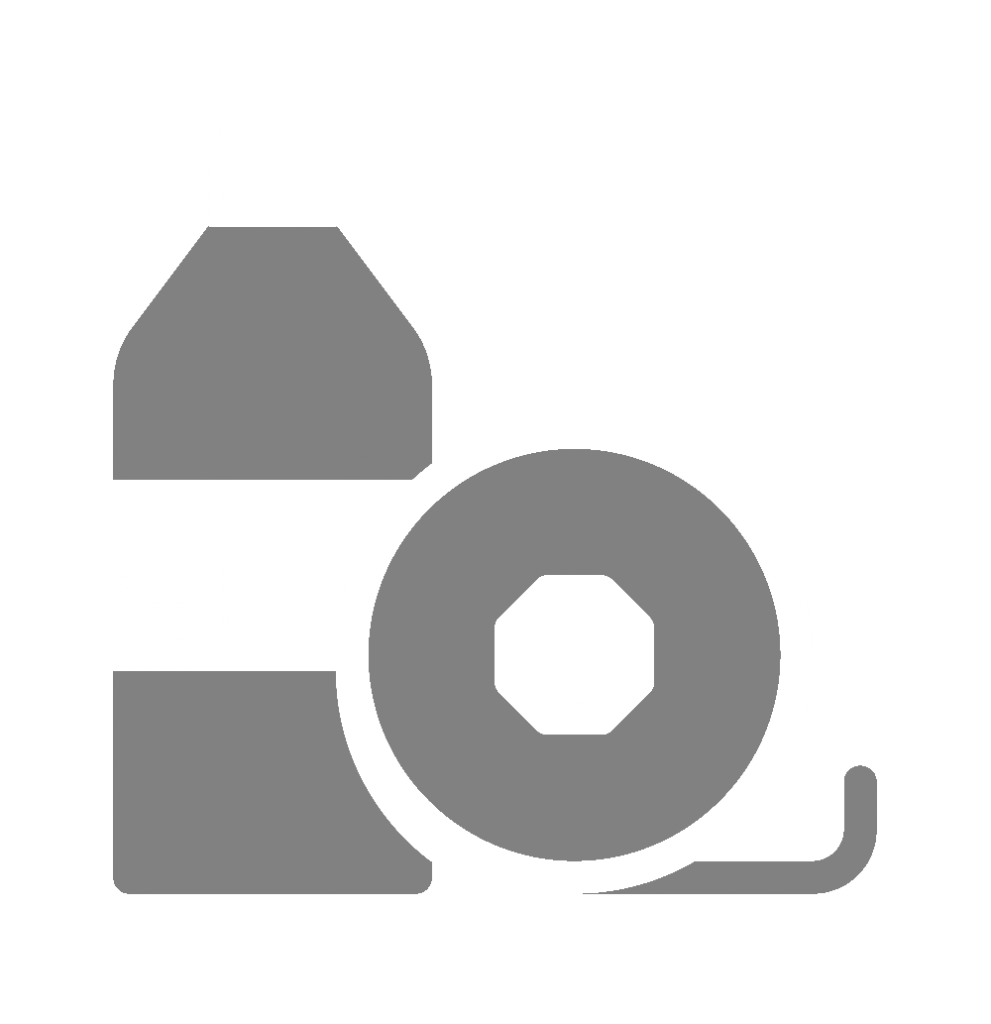
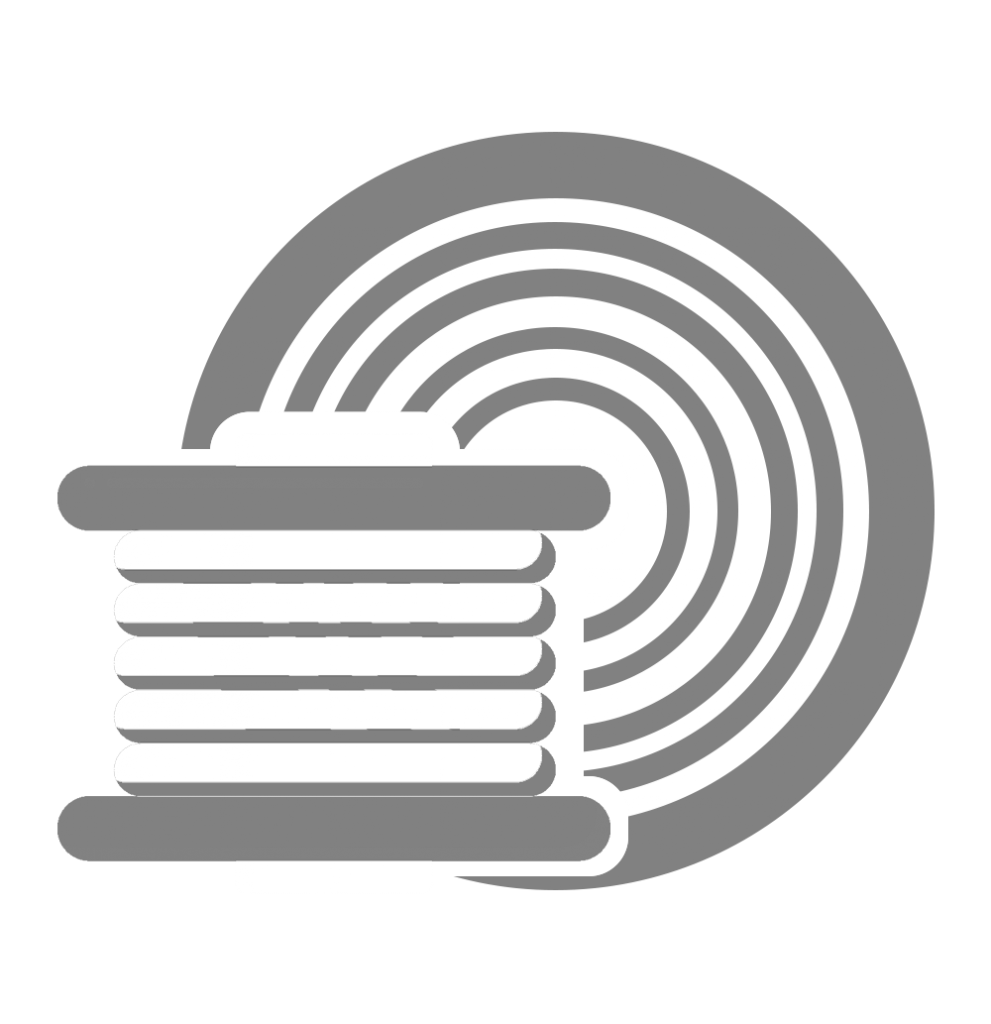

Post Processing Examples
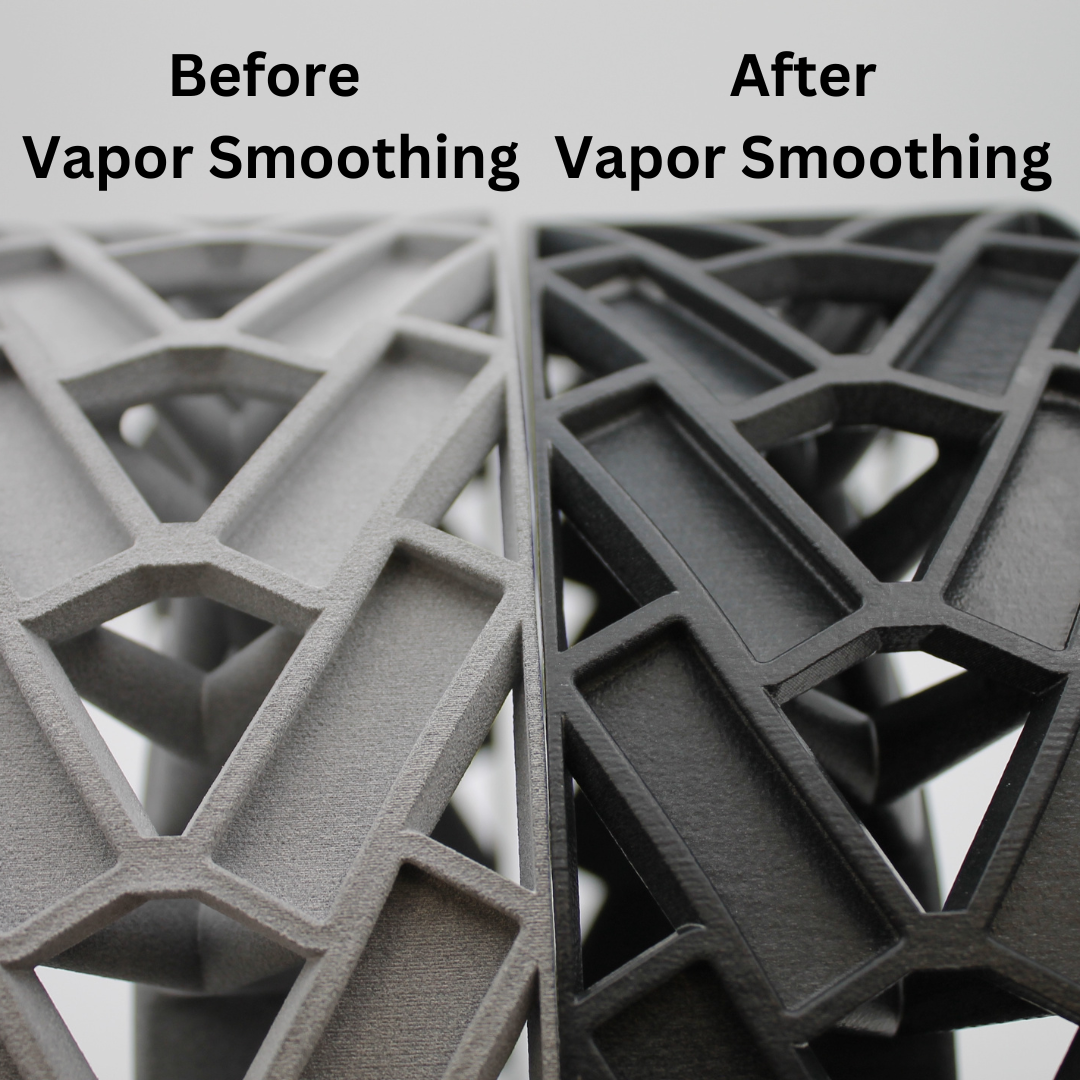
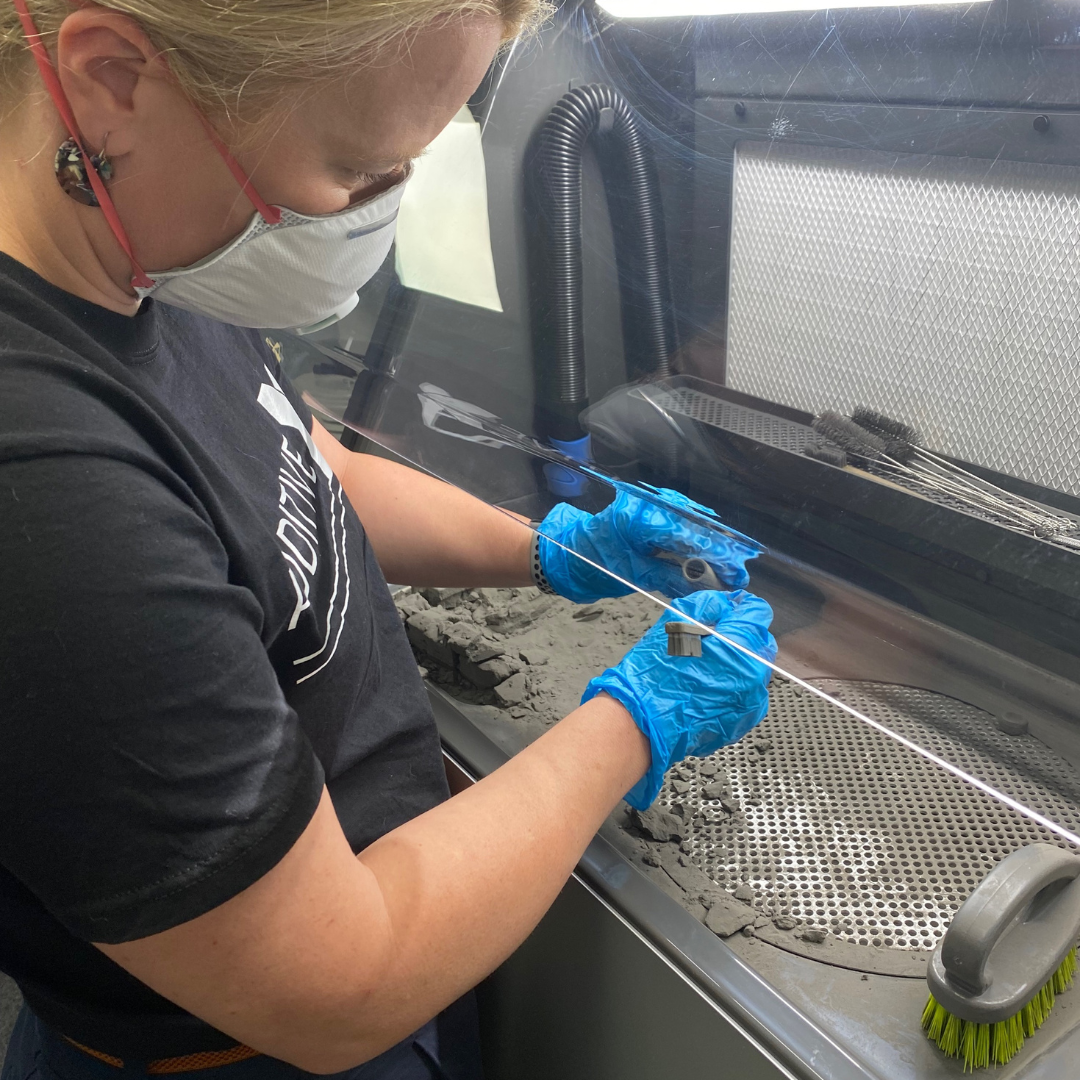
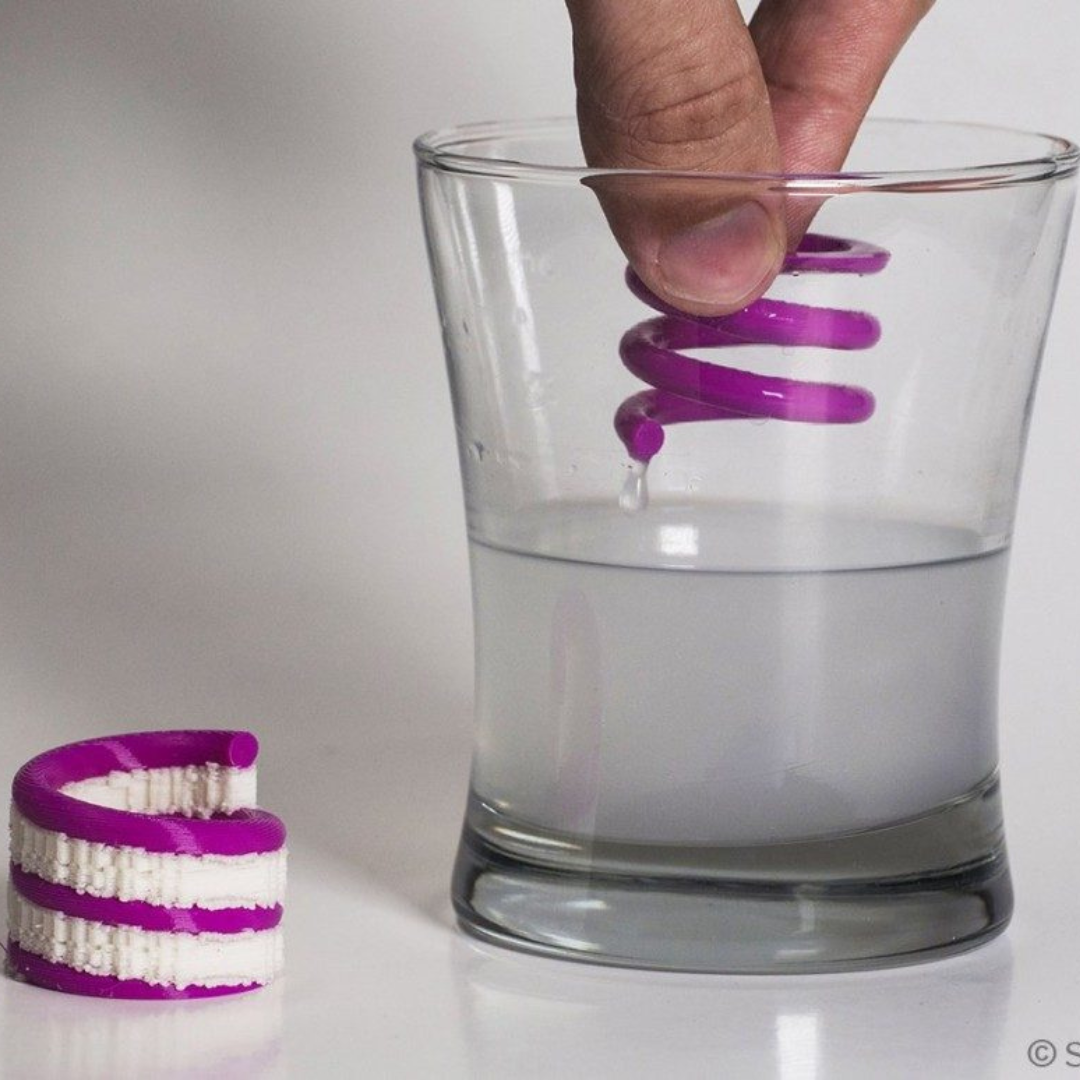
Post-Processing Machines
AMT PostPro SF50
AMT PostPro DP Max
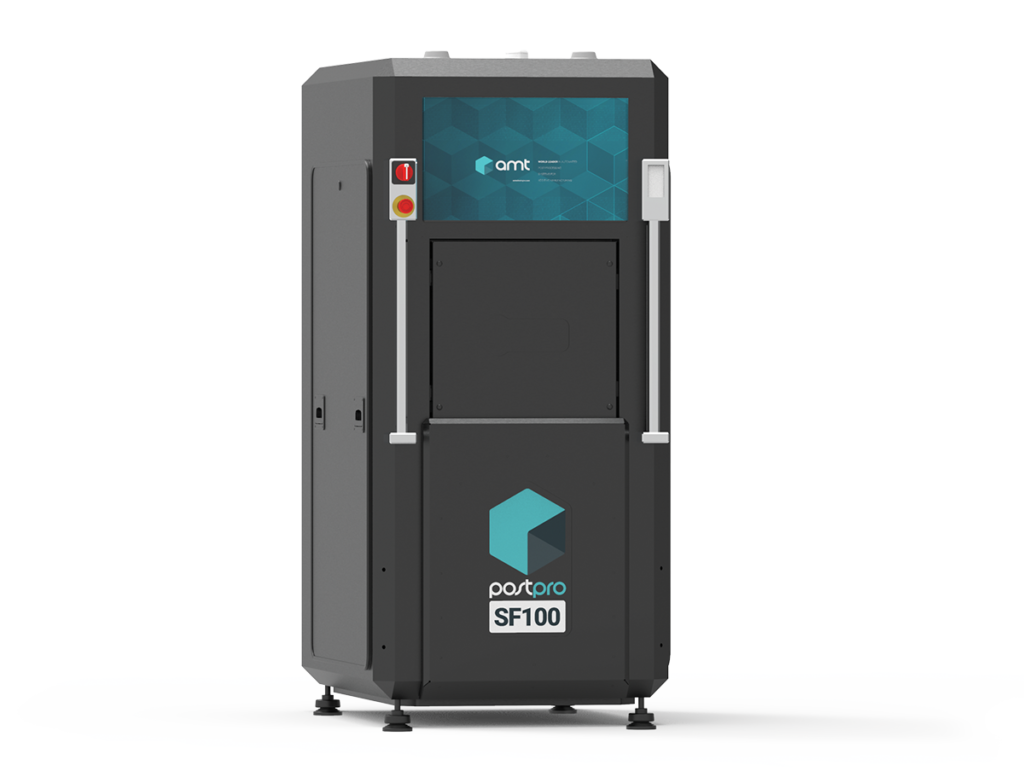
AMT PostPro SF100
Fully automated vapour smoothing technology that smooths and seals thermoplastic 3D printed parts
Technology: Chemical Vapour Smoothing
Process Chamber: 400 x 600 x 400 mm
Printer Compatibility: SLS, MJF, CFR, FFF/FDM, FGF, HSE and HSS
Materials Compatibility: PA6, PA11, PA12, ABS, PC, PP, TPU, TPE, SBC, PEBA, Glass/Carbon/Mineral – filled
Footprint: 830 x 1400 x 1830 mm
Cost Of Machine: Price on Request
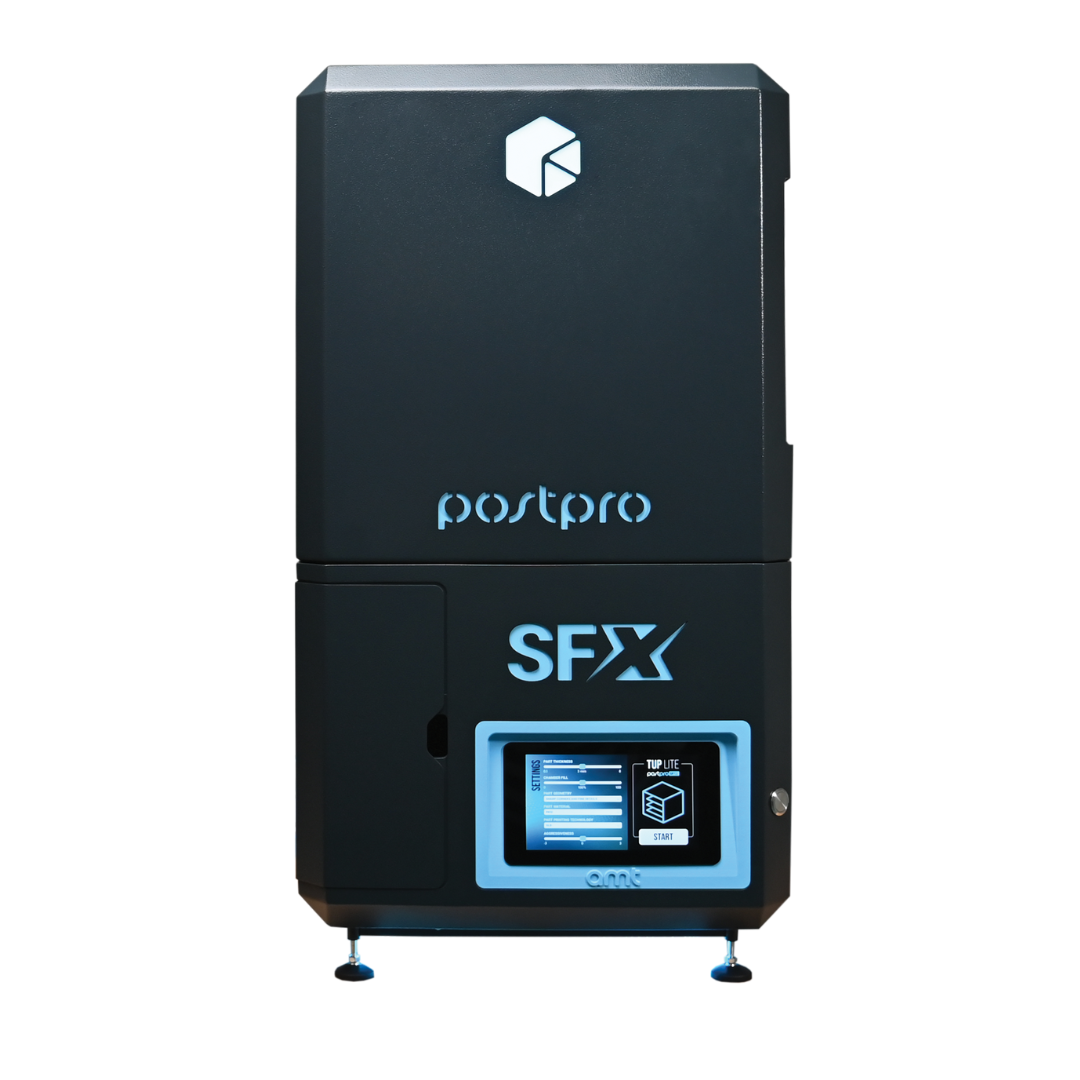
AMT PostPro SFX
The World's First Bench-Top Chemical Vapour Smoothing System!
Technology: Chemical Vapour Smoothing
Power Chamber Volume: 11.5 Litres
Printer Compatibility: SLS, MJF, CFR, FFF/FDM, FGF, HSE and HSS
Footprint: 450 x 500 x 845 mm
Cost Of Machine: Price on Request
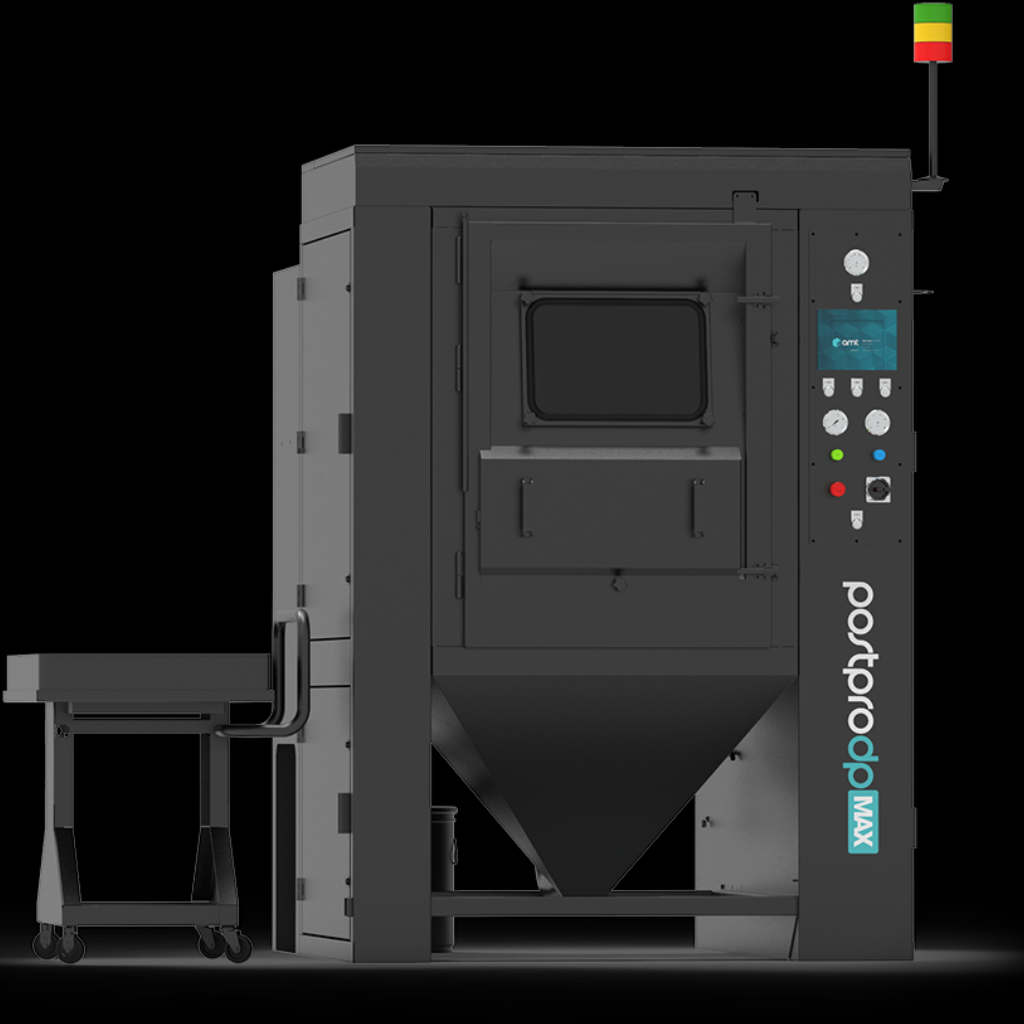
AMT PostPro DP Max
Fully automated, affordable 2 in 1 de-powdering and shot blast cleaning system for maximum throughput, includes 3 blast guns
Max Load: 30 kg
Printer Compatibility: SLS, MJF, CFR, FFF/FDM, FGF, HSE, HSS
Blast Media: Glass beads, polybeads, corundum, ceramics, nut shells, plastics, fine sized stainless steel and steel
Footprint: 1,617 x 1,760 x 2,506 mm
Cost Of Machine: Price on Request
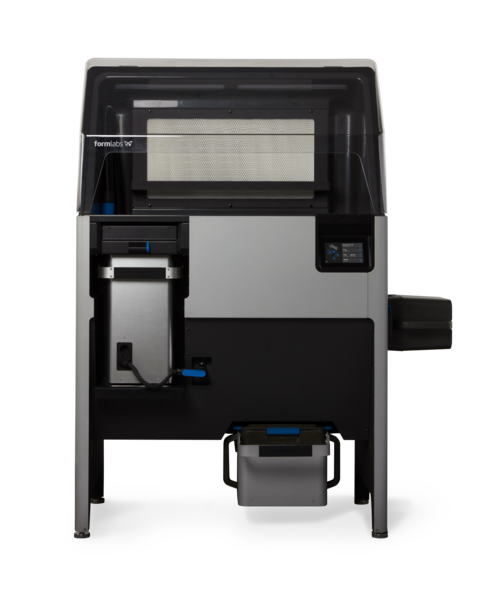
Formlabs Fuse Sift
All in one powder recovery for the Fuse series
Technology: SLS
Fuse Build Dimensions: 16.5 x 16.5 x 30 cm
Materials Compatibility: Nylon 12, Nylon 12 GF and Nylon 11 and Nylon 11 CF
Printer Compatibility: Formlabs Fuse 1+ 30W and Formlabs Fuse 1
Cost Of Machine: Starting at £7,699
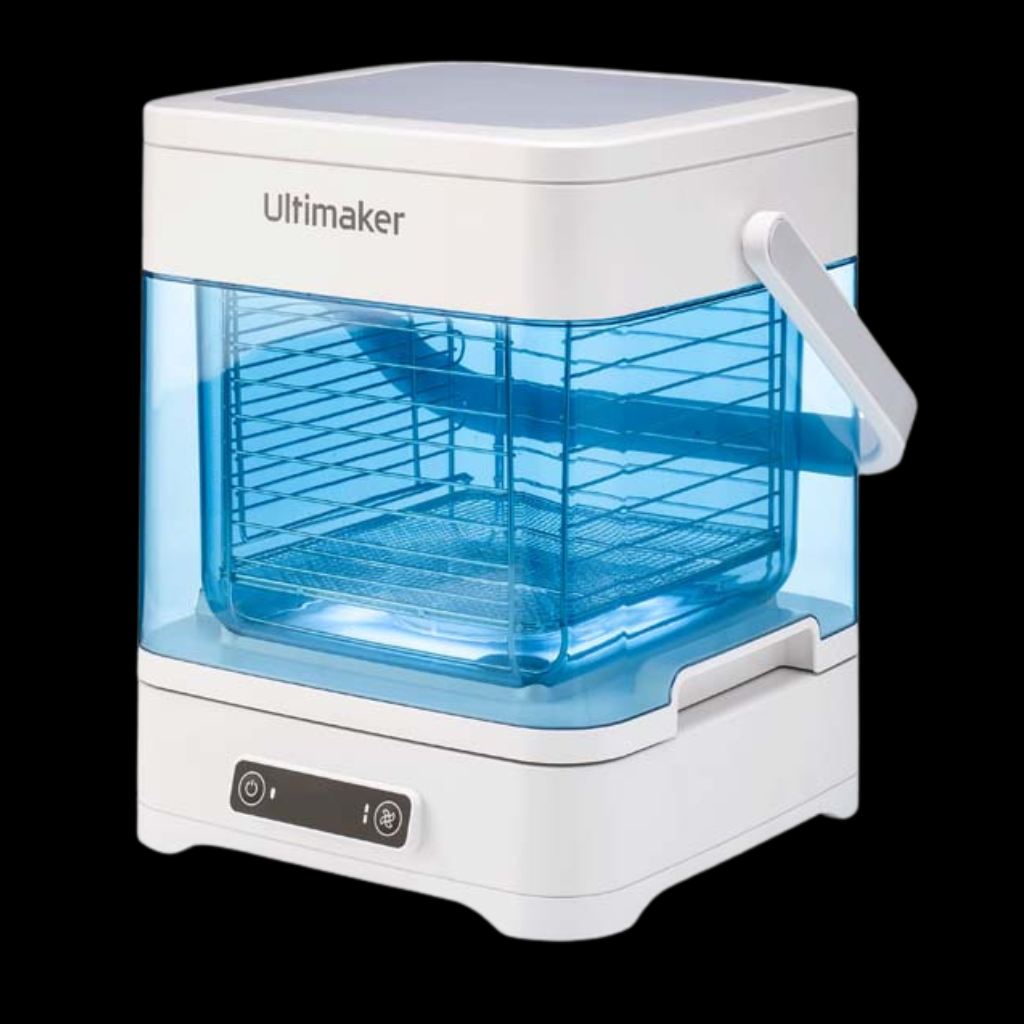
UltiMaker PVA Removal Station
Simple post-processing. Faster parts
Technology: FFF
Maximum Part Size: 200 x 230 x 165 mm
Operating Temperature: 15 – 32°C
Materials Available: PVA and PLA
Opensource: No
Cost Of Machine: Starting at £780
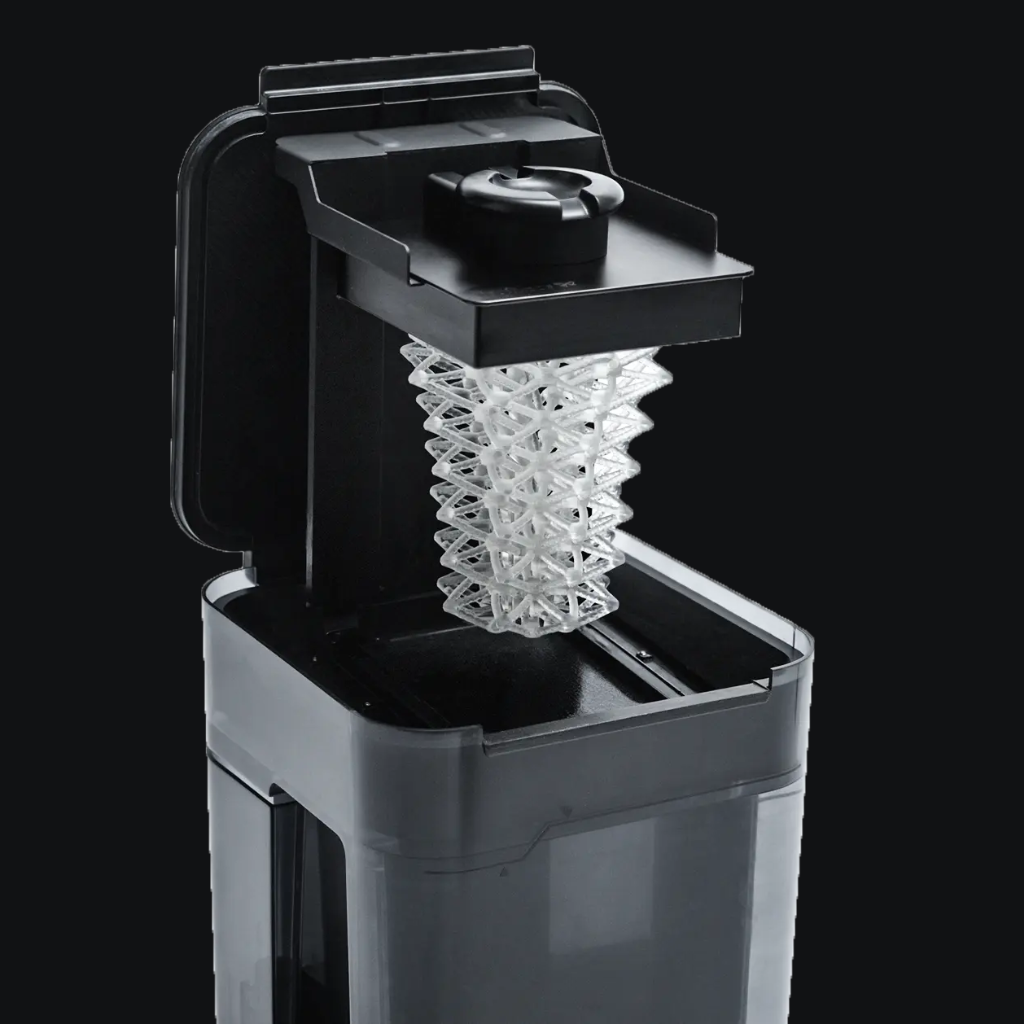
Formlabs Form Wash
For automated cleaning of parts printed on your Form 3+, Form 3B+, Form 2
Technology: Washing with IPA, TPM or Water
Bucket Volume: 8.6 litres
Maximum Part Size 14.5 x 14.5 x 17.5 cm
Approx Wash Time: 15 minutes with fresh isopropyl alcohol (IPA)
Prints per IPA refill: Approx 70 in regular use
Cost Of Machine: £510
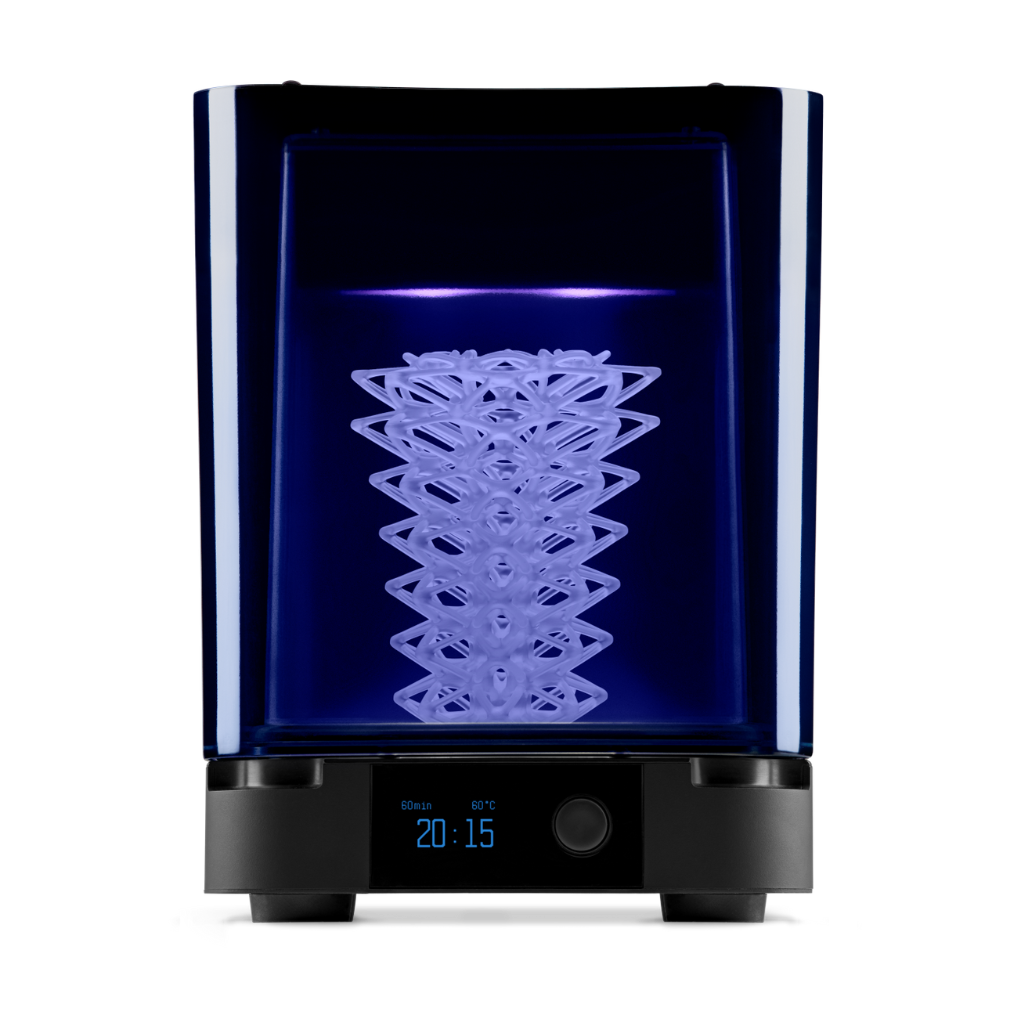
Formlabs Form Cure
High-Intensity, Fast Post-curing for 3D printed parts from your Form 3+, Form 3B+, Form 2
Technology: LED-light curing with 13 multi-directional LEDs
Maximum Part Size: 14.5 × 14.5 × 17.5 cm
Heat: Precise heat control up to 80 c
Cost Of Machine: £640
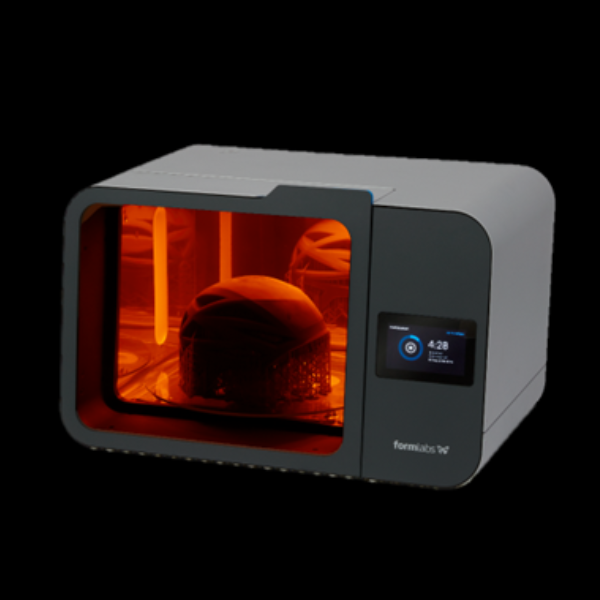
Formlabs Form Cure L
High-Intensity, Fast Post-curing for 3D printed parts from your Formlabs SLA Printers
Maximum Part Height: 32cm
Dimensions: 69 × 54 × 44.5 cm
Operating Temperature: Suggested 18-28°C
Cost Of Machine: £2,990
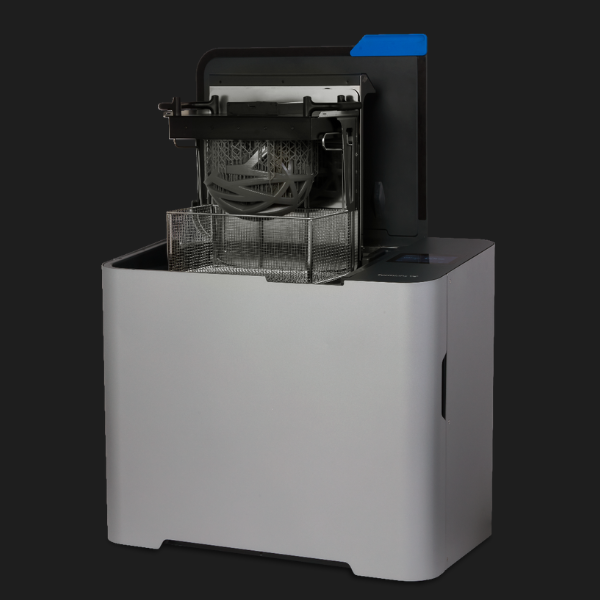
Formlabs Form Wash L
For automated cleaning of printed SLA parts
Bucket Volume: 37.9L
Maximum Part Size: 33.5 × 20 × 30 cm
Weight: 56.7 KG
Cost Of Machine: £3,410
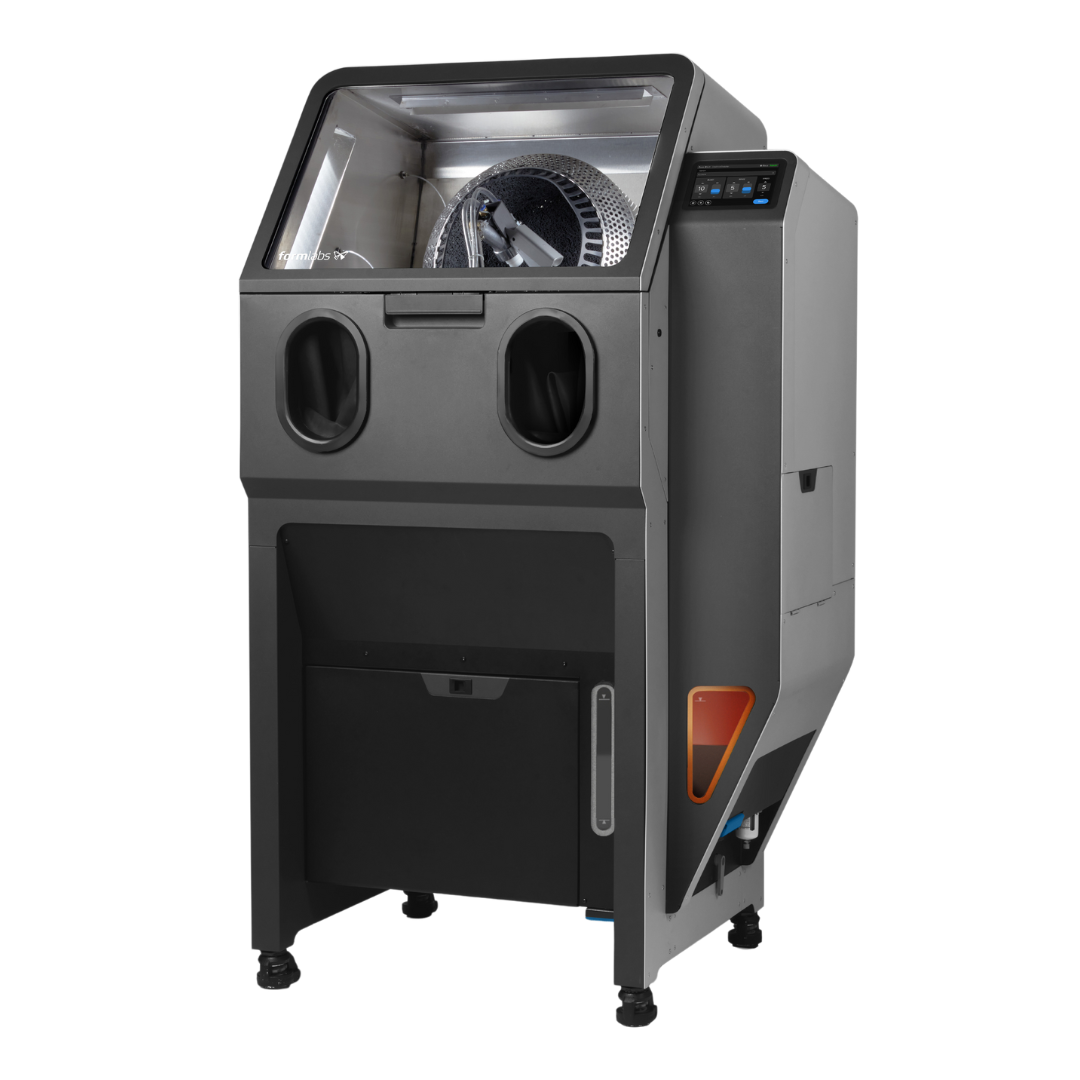
Formlabs Fuse Blast
Reinventing SLS Post-Processing with a fully automated cleaning and polishing solution in minutes.
Bucket Volume: 37.9L
Dimensions: 100 × 75 × 175 cm
Weight (without media): 164 KG
Cost Of Machine: £9,199
User Stories
Additive-X | Your experienced additive manufacturing partner
Impartial Advice & Support • Printing service • Stock for next-day delivery
Whether you need answers, benchmark prints or a quote with the latest special offer, Additive-X are here to help you
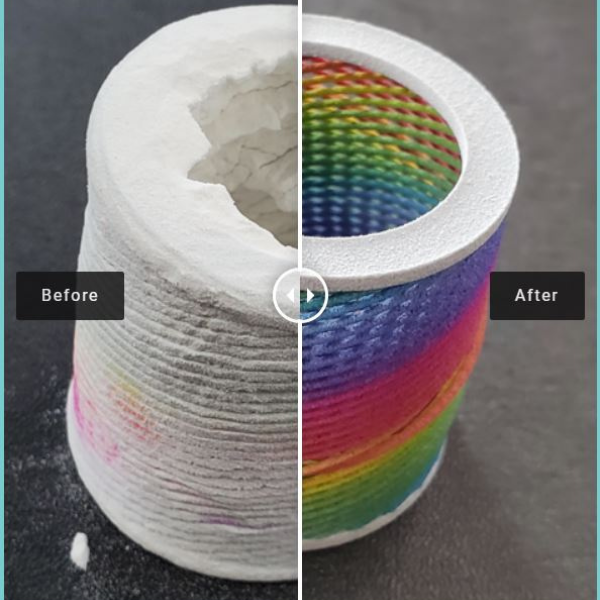
FAQ’S
Commonly asked questions about Post-Processing
It smooths and seals the surface of the 3D printed parts achieving an injection molded look and feel. In addition the process allows you to smooth complex geometries and internal cavities of thermoplastic parts without degrading the mechanical properties.
For best results, Formlabs recommends washing printed parts in isopropyl alcohol (IPA) or tripropylene gycol monomethyl ether (TPM)
Agitating parts in IPA using Formlabs Finish Kits or automated Form Wash stations
Some of our functional resins require post curing to achieve their optimal mechanical properties, but the standard resins do not.



